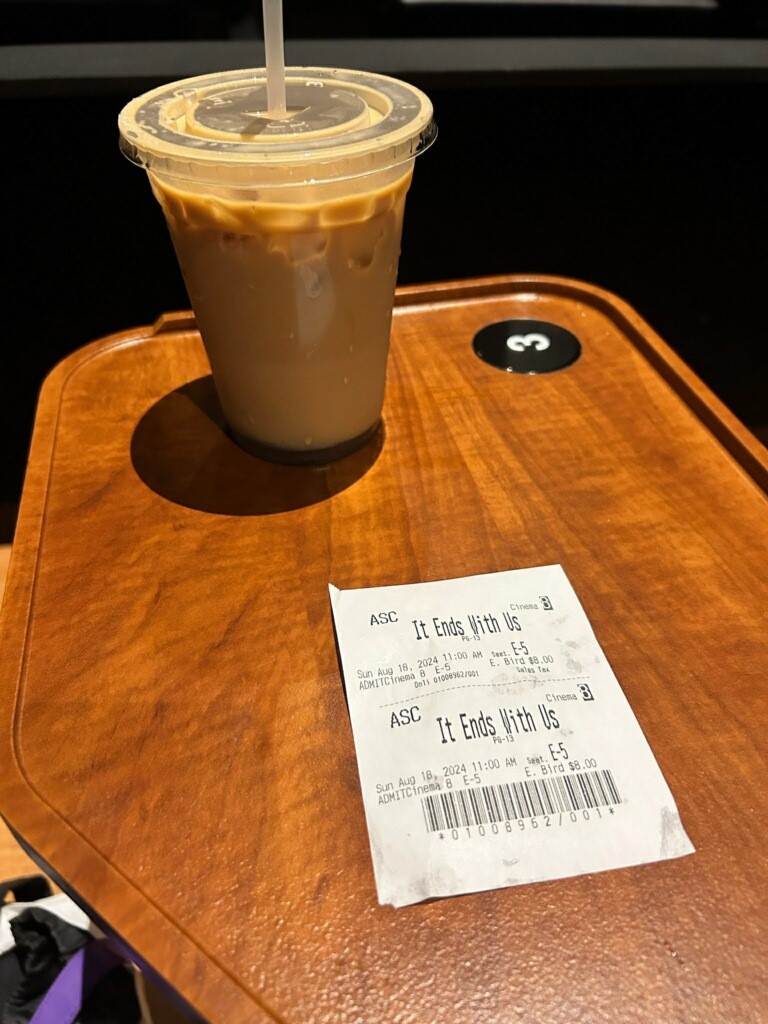By Laurie Williams
Today I came across a post that caught my attention. Actually, it was a two-word phrase within the post that pained me. This is not the first time I’ve heard these words, even from professionals, and I feel I need to bring attention to it. Awareness, after all, can be the beginning of change.
We often use words or terms without much thought, yet words have such an impact. The phrase I read today was “your abuser” The term was used by an agency that hopes to provide empowerment to folks who have been victimized by domestic violence. The clients often refer to themselves as survivors. They have gone through horrifically dangerous times, been lost in a world of confusion and chaos, and lived mostly in survival mode. Many have nearly lost their lives at the hands of domestic terrorism. Some are still in the decision-making place. None have chosen the path they are traveling or have traveled on.
‘So, why does the term disturb me so much? Simply, because ‘your’ is a possessive pronoun. It’s a small word with a huge impact. When someone says “is that your children, your home, your car, your family, your idea, your feelings”, etc I feel a sense of pride. I feel a sense of ownership. For survivors who have separated from the person who abused them, they have dug deep to accomplish what they had so longed for, some risking their lives to do so. For survivors who are with the person who is abusive, there is nothing they want more than for the abuse to stop or to get away. All survivors want to be disconnected from the abuse and terrorism. For me, the term ‘your abuser’, gives a sense of connection and ownership, leaving one with a feeling of relationship and a connection that will never end.
In my professional life working with survivors and offenders, I have focused on the words we use and the impact they have. Words also became a focus in my personal life as a survivor. I facilitated a survivor group in which I introduced a discussion of the power of words. These amazing, strong determined women decided “my abuser” was a connection they needed to omit once and for all. It gave the offender too much power. Omitting the term ‘your’ or ‘my abuser’, was one more step toward omitting the feeling of possession and connection to the person who had abused or is abusing them. The words became ‘the one who abused me’ or ‘abuses me’. The group felt a sense of freedom from being possessed or owned with a change of a few small words. They shared that by creating that invisible line of separation they felt empowered and independent, as all survivors rightfully deserve.
My intention is not to police your words nor suggest that anyone who has experienced domestic violence must use certain language. Instead, I ask that you take a moment to pause in contemplation of the power of the words you use. They make a difference.





